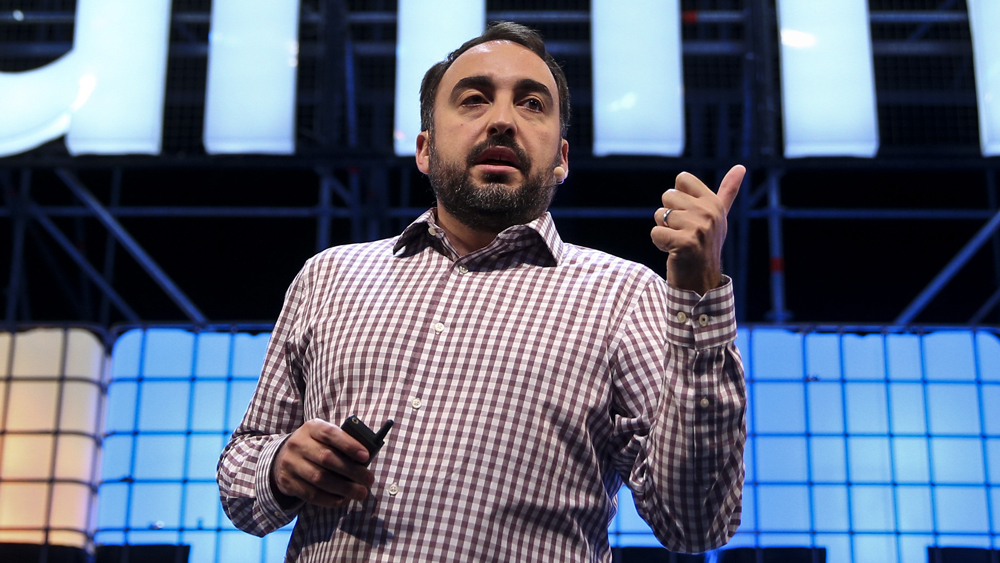
Former Security Chief Of Facebook Warns About The Risks of Today’s Technology, Plans To Launch Initiative To Solve Them
Tasked with crucial responsibility to defend the company’s systems against Russian interference and other non-negligible threats, Alex Stamos was the Facebook Security Executive for a period of two years.

Now, as the former chief security officer has left the social networking giant in August, says that the entire technology industry requires a systematic checks and balances to make complex decisions for the Silicon Valley companies in areas including security and democratic expression.
That may be in the making, as Stamos is up with plans to announce the creation of an initiative to do just that. And this is one of his first public remarks since leaving Facebook and joining Stanford University as an adjuct professor and Hoover fellow.

“There aren’t processes to thoughtfully think through these trade-offs,” he said in an interview ahead of his talk at the university’s Center for International Security and Cooperation. “You end up with these for-profit, very powerful organisations that are not democratically accountable, making decisions that are in their best and often short-term interest . . . without there being a much more open and democratic discussion of what these issues are.”
According to him, the new initiative, called as the Stanford Internet Observatory, will try to unite “sometimes warring factions” of academic level, tech companies and Washington policymakers to carve out a plan to solve “the negative impacts technology can have on society,” he said.
The main aim of the Observatory would be to assist technology companies in their investigations – “a bridge between multiple platforms fighting the same problems,” he said – by sharing crucial data and providing more transparency and accountability to counter security challenges.
Issues like viral news spread through mobile phones and disinformation during the crucial times like 2016 election season prompted scrutiny of the technology industry and made the public aware about key companies that their platforms can become extremism fueling engines and could even make a decisive influence on the outcome of elections. These all effects are not the intended aims of the social media.
Silicon Valley is trying to solve these issues amid the absence of legal requirements, clear precedents or even commonly accepted principles on how to act on such issues. Stamos had to find himself to decide the correct stance while being in contentious debates, within Facebook and while being a representative in meetings with officials from the government or outside researchers.
You May Also Read: More Than 2,000 Border Force Personnel Planned To Be Transferred To Intelligence Bureau Dept